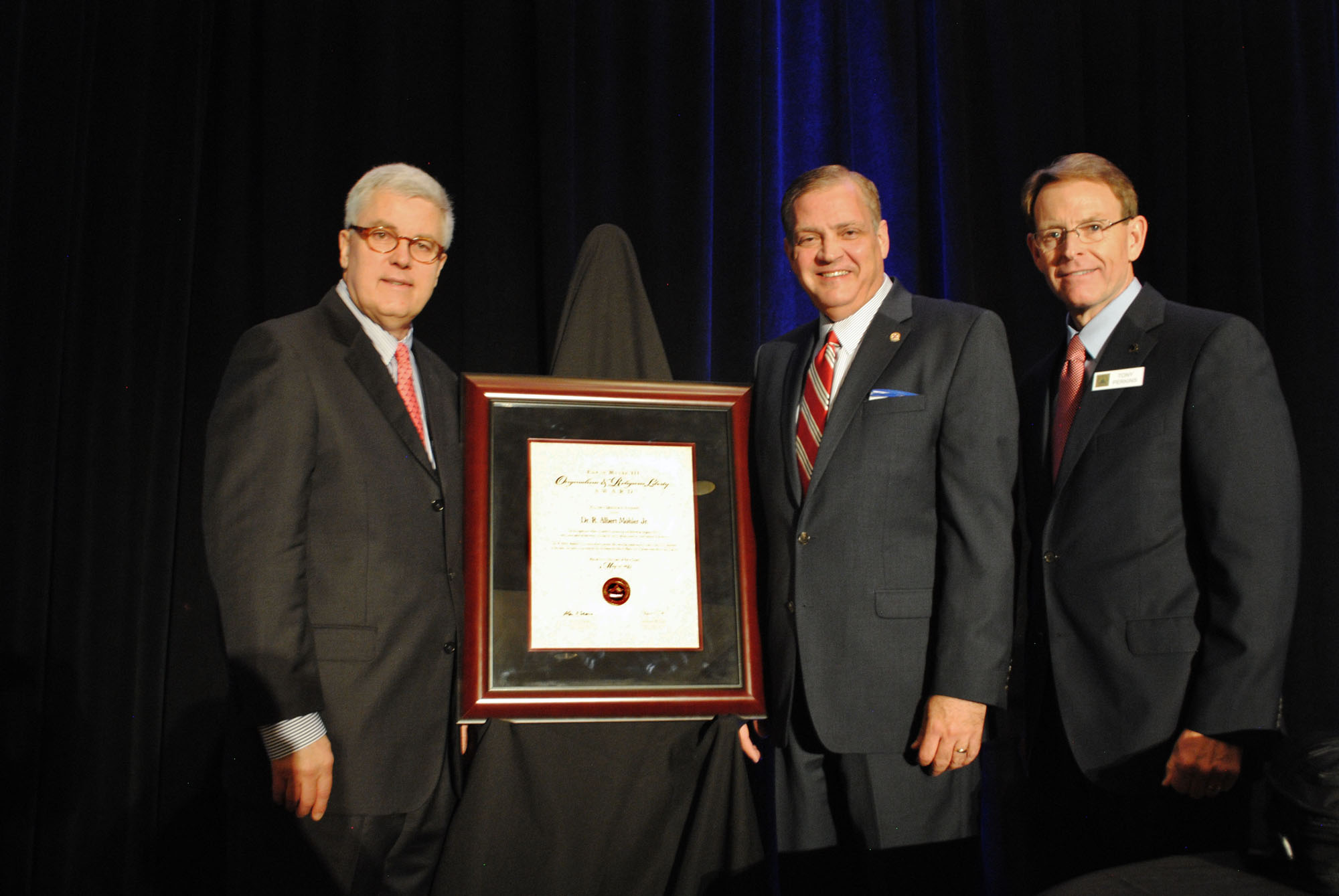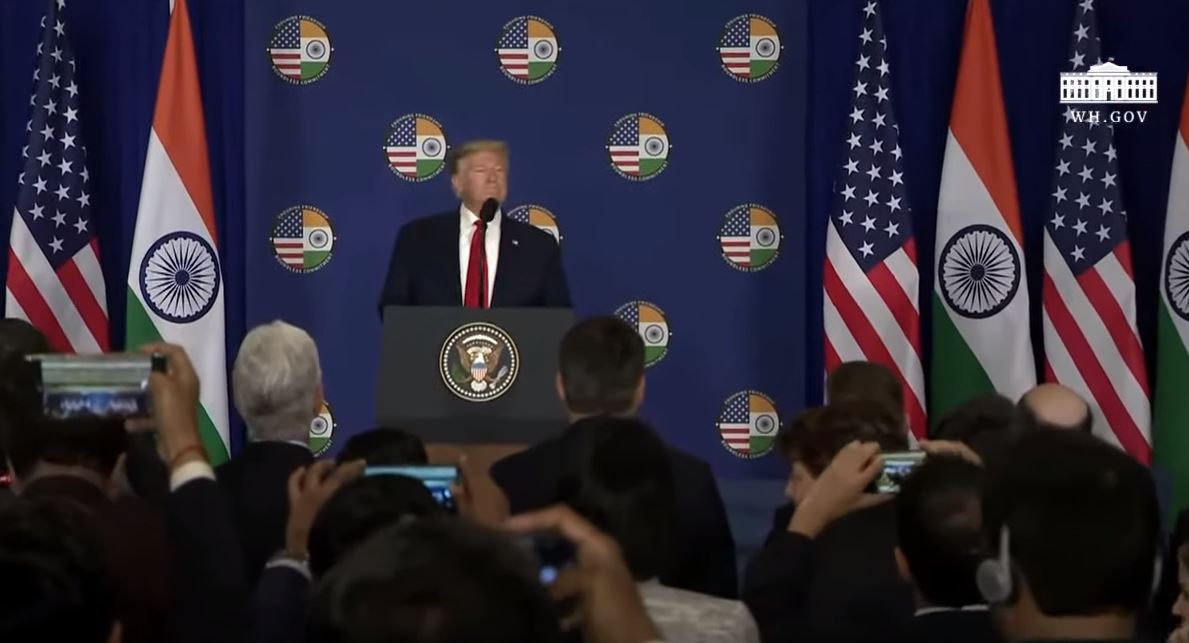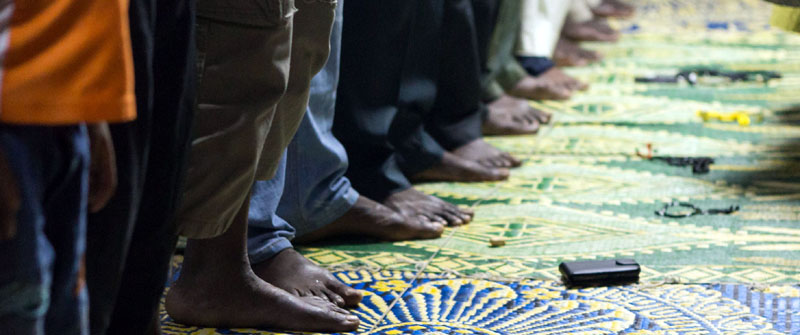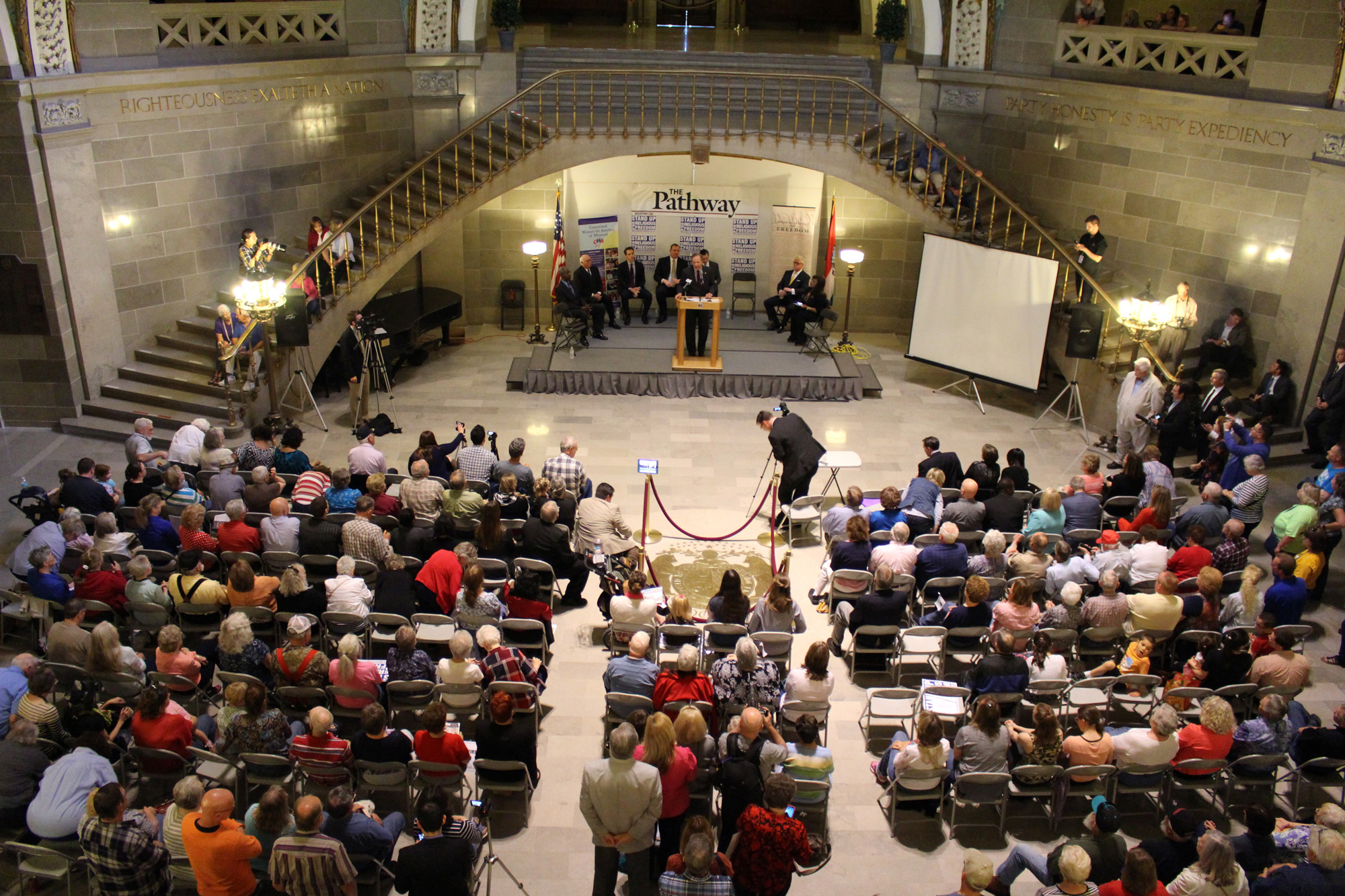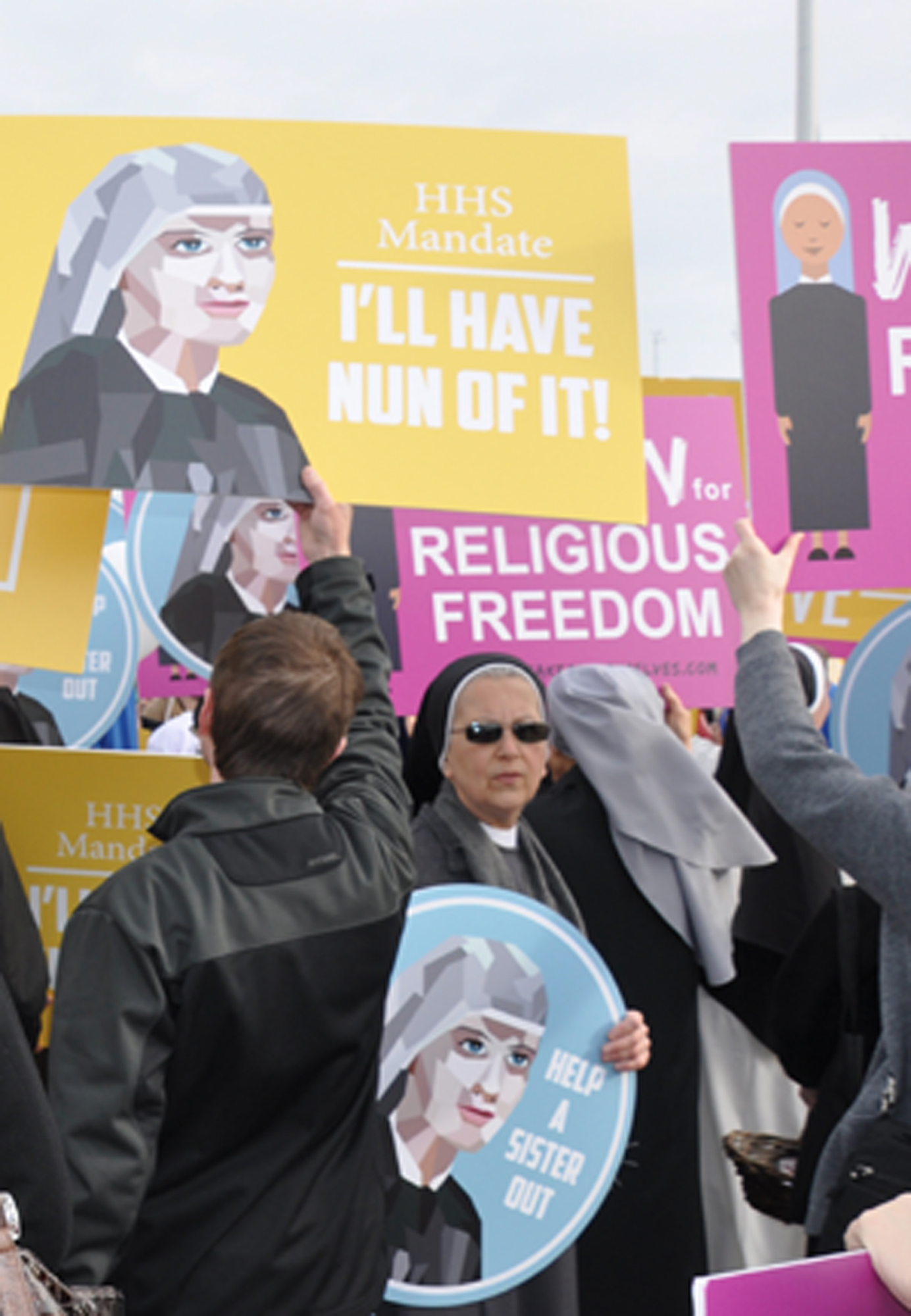
MOSCOW (BP) — A Russian law that would place significant limits on Christian evangelism has drawn opposition from the International Mission Board, U.S. Sen. Ben Sasse and a New Orleans Baptist Theological Seminary professor among others.
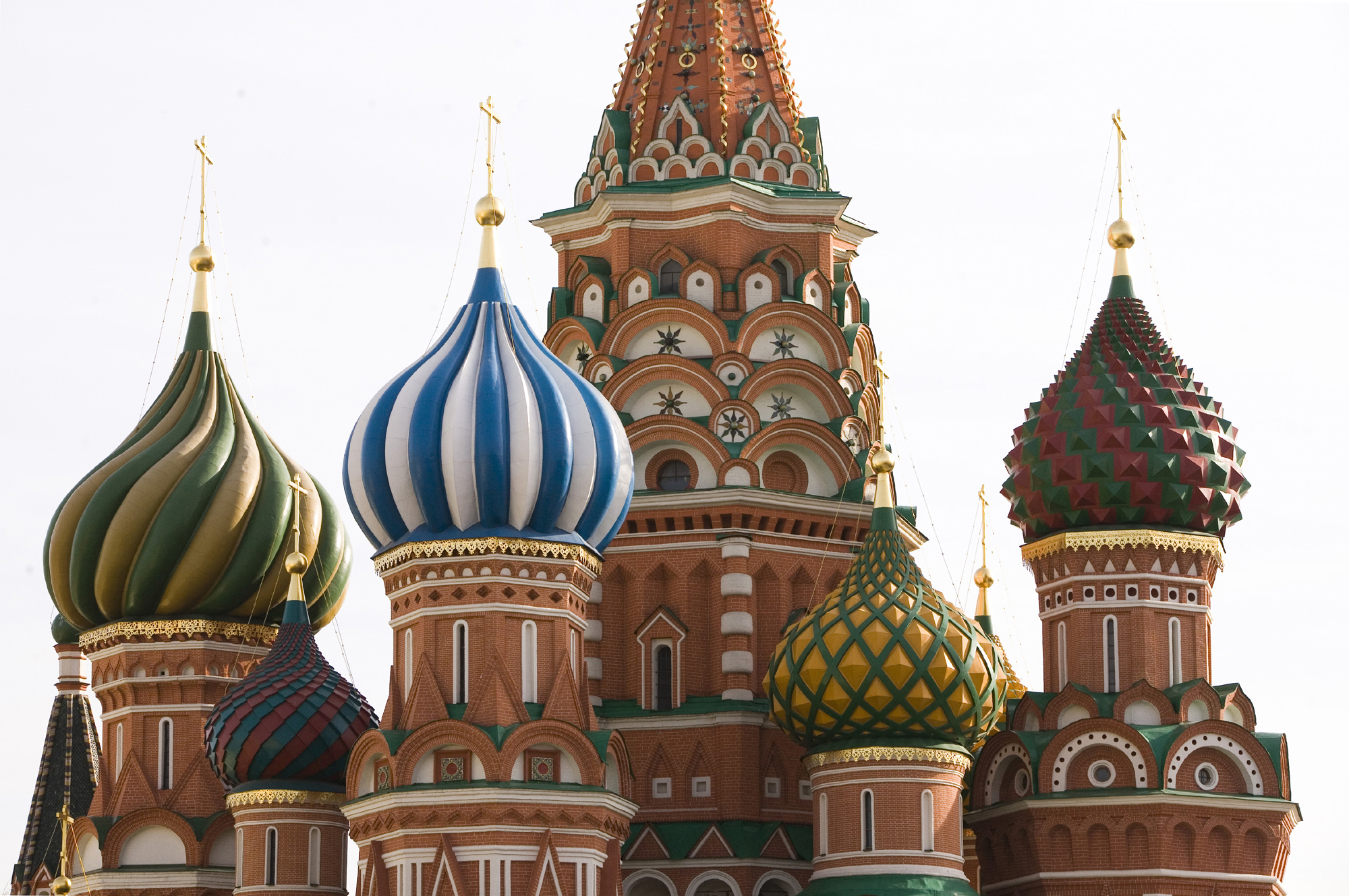 Passed by both houses of Russia’s parliament within the past week and awaiting President Vladimir Putin’s signature, the bill has been called “a step toward an Iron Curtain” by an opposition leader, the Los Angeles Times reported.
Passed by both houses of Russia’s parliament within the past week and awaiting President Vladimir Putin’s signature, the bill has been called “a step toward an Iron Curtain” by an opposition leader, the Los Angeles Times reported.
According to Christianity Today, the measure would require that citizens who wish to share their faith obtain government permits and only do evangelism in church buildings and at other religious sites. Online evangelism and witnessing in a private residence both would be restricted.
Foreign visitors who violate the law could face deportation, CT reported. Individual Russian violators could face fines of up to U.S. $780, with groups fined up to $15,500.
The IMB asked believers to pray “that the Lord turns the heart of the president” to reject the measure.
“IMB supports freedom of religion for all people, and this certainly includes our brothers and sisters in Christ who live and worship in Russia,” IMB spokesperson Julie McGowan told Baptist Press in written comments. “In response to the laws proposed in Russia this week, we encourage believers around the world to pray that senior national leadership will intervene so Russian believers will be spared these limitations on an individual’s opportunity to express and share their personal faith.
“To paraphrase Proverbs 21:1,” McGowan said, “President Vladimir Putin’s heart is a stream of water in the hand of the LORD; He turns it wherever he will. We pray in this case that the Lord turns the heart of the president to reject the legal precedent that will hinder the advance of the Gospel and opportunities for Christian discipleship and fellowship in Russia.”
The bill is part of a package of anti-terrorism legislation dubbed the “Yarovaya” law after its lead author Irina Yarovaya and has drawn criticism for encroaching on other civil liberties as well, the U.K.’s Guardian newspaper reported.
According to The Times, the measure would stiffen punishments for acts deemed terrorism or “mass unrest” and for failing to report such crimes. “Justification” of acts deemed “extremism,” including online posts, could result in prison terms of up to seven years.
Sasse, R-Neb., took to the Senate floor Wednesday (June 29) to oppose the Russian bill — especially its restrictions on religious liberty.
“The Russian law would be an affront to free people everywhere, at home and abroad, who believe that rights of conscience — the rights to free speech and to freedom of religion — are pre-political,” Sasse said. “These freedoms do not ebb and flow with history. They do not rise and fall with the political fortunes of a despot. Governments do not give us these rights, and governments cannot take them away. These rights of speech and religion and assembly belong to every man, woman and child because all of us are image-bearers of our Creator.”
Lloyd Harsch, a New Orleans Seminary church history professor of German-Russian descent, told BP the measure harkens back to Soviet-era suppression of religious belief.
“Since the fall of communism and the dissolution of the Soviet Union, Russia has steadily constricted its initial openness to evangelical Christianity,” Harsch, professor of church history and Baptist studies, said in written comments. “The proposed laws build upon previous anti-terrorism laws passed in 2002 and 2007 and are another attempt by Vladimir Putin to solidify his grip on power [and] silence his critics, under the guise of promoting public safety and combating terrorism. Anything that challenges his authority can be branded as terrorist activity.”
The law would heavily favor the Russian Orthodox Church and continue to leave Russia’s evangelical minority at a disadvantage, Harsch said.
“These laws reveal the continuing aftereffects of communism, which viewed all religion as the same,” Harsch said. “If Muslims are bombing train stations, then restrict the religious activities of Buddhists and Christians [because] all religion [supposedly] is the same. The proposed restrictions are justified as necessary to counter terrorism and preserve peace, but cast a much wider net to include government critics of all kinds and any religious activity outside the Russian Orthodox Church.”
The bill also has drawn criticism from Muslim, Jewish and Russian Orthodox organizations, The Guardian reported. Protestants in Russia, CT said, have called for prayer and protest.


